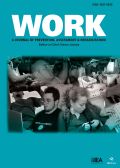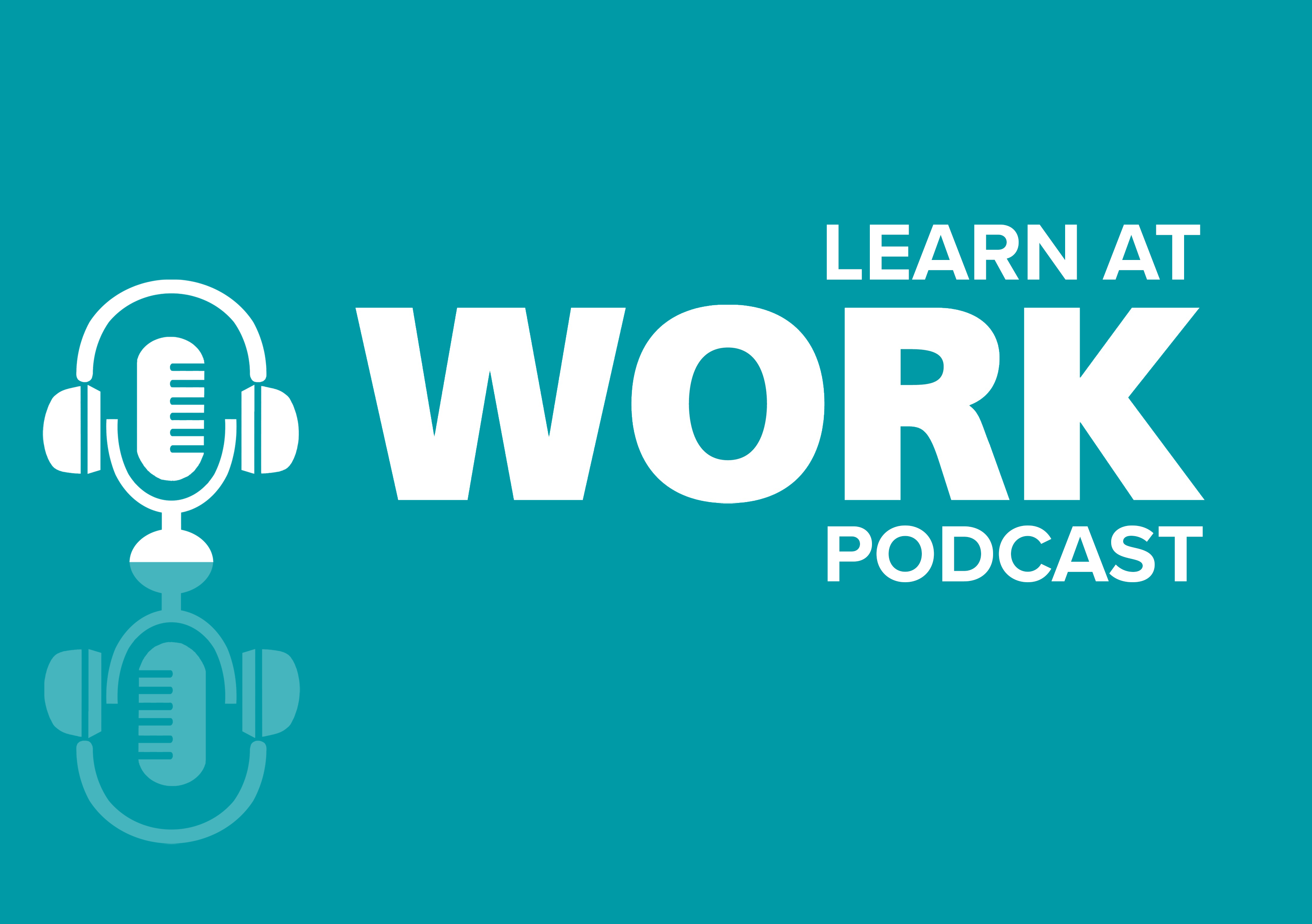Authors: Gunnarsdottir, Holmfridur K. | Vidarsdottir, Halldora | Rafnsdottir, Gudbjorg Linda | Tryggvadottir, Laufey | Olafsdottir, Elinborg J. | Lindbohm, Marja-Liisa
Article Type:
Research Article
Abstract:
OBJECTIVE: To investigate whether employment status and work experiences, assessed in terms of job resources (organizational culture and superiors' and co-workers' support), commitment to organization, work motives, and experiences of discrimination, differ between survivors of prostate or testicular cancer or lymphoma and cancer-free reference subjects. METHODS: Questionnaires were sent to 1349 male cancer survivors and 2666 referents in Denmark, Finland, Iceland, and Norway. Valid responses were 59% and 45%, respectively. Odds ratios (OR) and
…95% confidence intervals (CI) were estimated with logistic regression models. RESULTS: Compared to the referents, survivors of lymphoma and prostate cancer were less likely to be employed (OR=0.53; CI: 0.30–0.95 and OR=0.50; CI: 0.35–0.73, respectively), but decreased employment was not evident among testicular cancer survivors. Testicular cancer survivors experienced less discrimination at work than did the referents, for example, testicular cancer survivors were less likely to report that their colleagues doubted their ability to carry out their work tasks (OR=0.38; CI: 0.17–0.83). Lymphoma survivors were less likely than the referents to praise their workplace as an enjoyable place to work (OR=0.48; CI: 0.26–0.88). The prostate cancer survivors were more likely than the referents to find the organizational climate competitive, distrustful, and suspicious. CONCLUSIONS: Employment participation and work experiences of male cancer survivors varied substantially according to type of cancer. Occupational therapists and other health care personnel should keep this in mind when assisting cancer survivors in identifying their strengths and limitations at work.
Show more
Keywords: Men, neoplasm, lymphoma, prostate, testis, labor
DOI: 10.3233/WOR-131674
Citation: Work,
vol. 46, no. 4, pp. 385-393, 2013
Price: EUR 27.50






